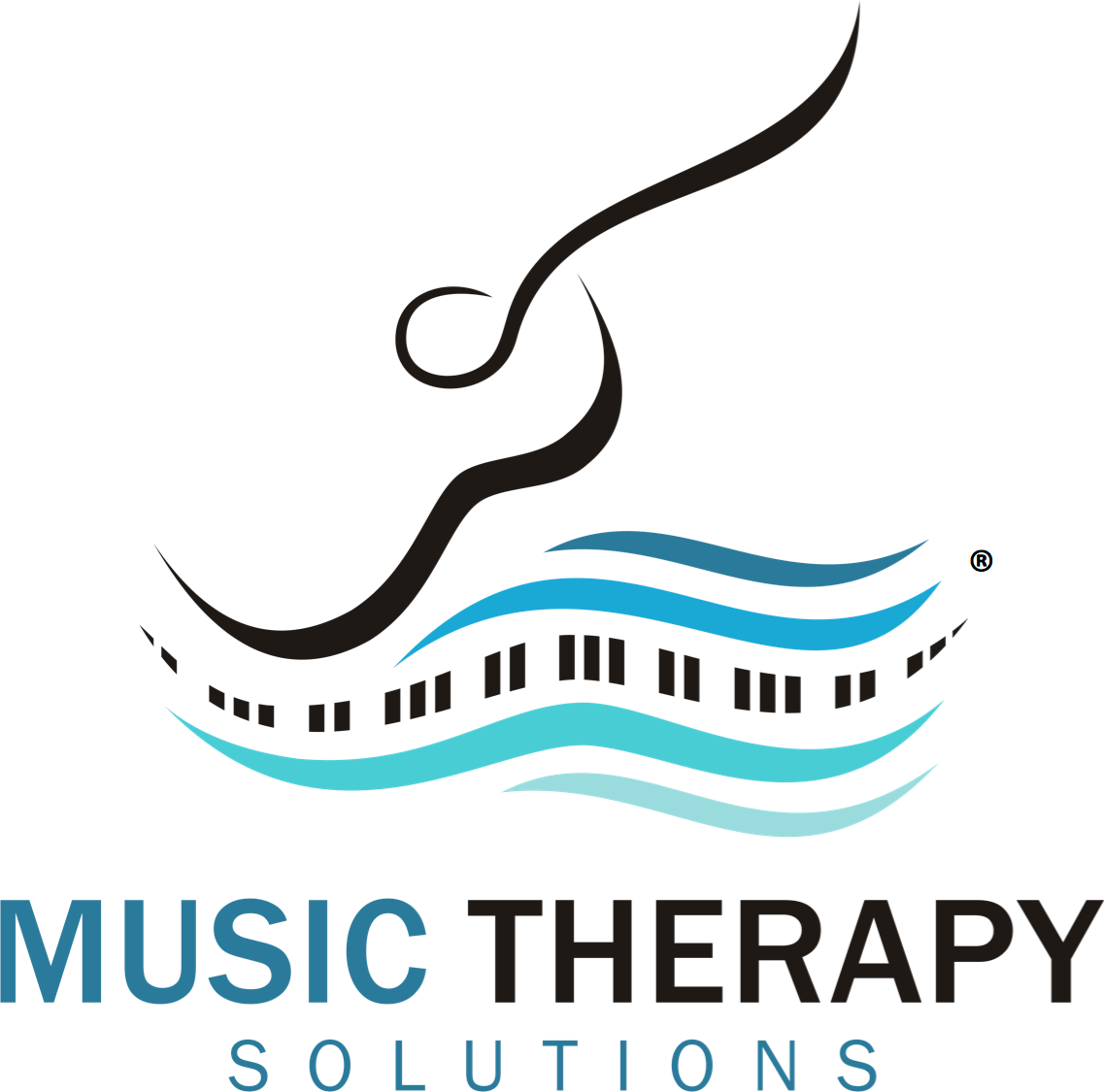FAQs & FACT SHEETS
Below are some answers to commonly asked questions
frequently asked questions
What is Music Therapy?
Music Therapy is the clinical and evidence-based use of music interventions to accomplish individualized goals within a therapeutic relationship by a credentialed professional who has completed an approved music therapy program.
Music therapy interventions can be designed to:
- Promote wellness
- Manage stress
- Alleviate pain
- Facilitate expression of feelings
- Enhance memory
- Improve communication
- Promote physical rehabilitation
Source: (American Music Therapy Association, 2018)
Education and Training for Music Therapists
Music Therapists are trained through successful completion of an AMTA-approved college curriculum and training, including:
- Mastery in primary instrument, development of functional skills in guitar, piano, percussion
- Coursework in music, music therapy
- Coursework in biology, psychology, social and behavioral sciences, general studies
- Clinical skills develop through 1,200 hours of required fieldwork, including an internship in healthcare and/or education facilities
- Certification through the Certification Board for Music Therapists, acquisition of MT-BC designation
Source: (American Music Therapy Association, 2018)
Where Do Music Therapists Work?
Music Therapists work in…
- Behavioral health centers
- Rehabilitation facilities
- Hospitals
- Outpatient clinics
- Day care treatment centers
- Agencies serving persons who are developmentally disabled
- Recovery (substance abuse) programs
- Senior living/assisted living/memory care communities
- Hospice programs
- Correctional facilities
- Halfway houses
- Private practice
- Schools
Who Can Benefit From Music Therapy?
People with…
- Mental health needs
- Developmental or Intellectual disabilities
- Alzheimer’s disease and other aging-related conditions
- Substance abuse problems
- Brain injuries
- Physical disabilities
- Acute and chronic pain, including mothers in labor
People who wish to employ music to facilitate…
- Relaxation
- Stress management
Source: (American Music Therapy Association, 2018)
Do Clients Need To Have a Music Background?
Not at all. Non-musicians and musicians alike may benefit from music therapy.
Difference Between Music Therapy and Music Listening Programs?
Tap here to learn more about the difference between clinical music therapy and a music listening program.
music therapy fact sheets
Still have questions? Please do not hesitate to ask!
FAQs & FACT SHEETS
Below are some answers to
commonly asked questions
frequently asked questions
What is Music Therapy?
Music Therapy is the clinical and evidence-based use of music interventions to accomplish individualized goals within a therapeutic relationship by a credentialed professional who has completed an approved music therapy program.
Music therapy interventions can be designed to:
- Promote wellness
- Manage stress
- Alleviate pain
- Facilitate expression of feelings
- Enhance memory
- Improve communication
- Promote physical rehabilitation
Source: (American Music Therapy Association, 2018)
Education and Training for Music Therapists
Music Therapists are trained through successful completion of an AMTA-approved college curriculum and training, including:
- Mastery in primary instrument, development of functional skills in guitar, piano, percussion
- Coursework in music, music therapy
- Coursework in biology, psychology, social and behavioral sciences, general studies
- Clinical skills develop through 1,200 hours of required fieldwork, including an internship in healthcare and/or education facilities
- Certification through the Certification Board for Music Therapists, acquisition of MT-BC designation
Source: (American Music Therapy Association, 2018)
Where Do Music Therapists Work?
Music Therapists work in…
- Behavioral health centers
- Rehabilitation facilities
- Hospitals
- Outpatient clinics
- Day care treatment centers
- Agencies serving persons who are developmentally disabled
- Recovery (substance abuse) programs
- Senior living/assisted living/memory care communities
- Hospice programs
- Correctional facilities
- Halfway houses
- Private practice
- Schools
Who Can Benefit From Music Therapy?
People with…
- Mental health needs
- Developmental or Intellectual disabilities
- Alzheimer’s disease and other aging-related conditions
- Substance abuse problems
- Brain injuries
- Physical disabilities
- Acute and chronic pain, including mothers in labor
People who wish to employ music to facilitate…
- Relaxation
- Stress management
Source: (American Music Therapy Association, 2018)
Do Clients Need To Have a Music Background?
Not at all. Non-musicians and musicians alike may benefit from music therapy.
Difference Between Music Therapy and Music Listening Programs?
Tap here to learn more about the difference between clinical music therapy and a music listening program.
music therapy
fact sheets
Still have questions?
Please do not hesitate to ask!
